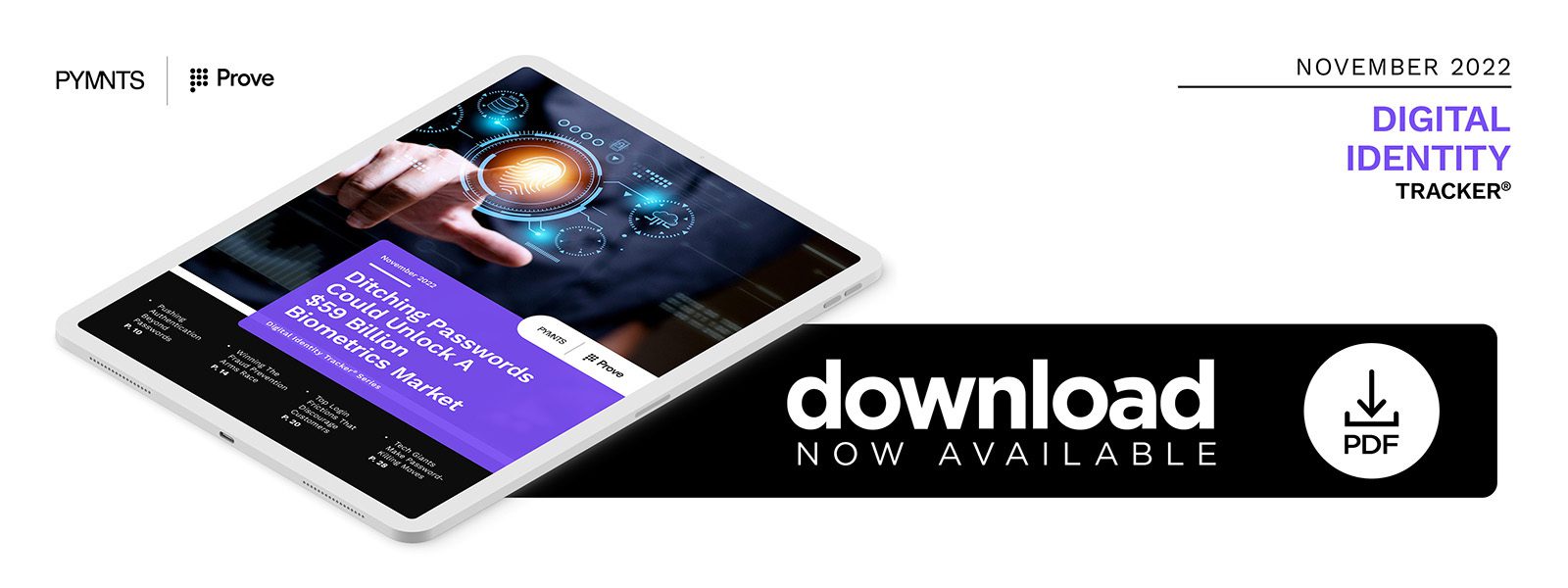PYMNTS Intelligence: Winning the Fraud Prevention Arms Race

Fraud has multiple knock-on effects beyond the initial monetary loss, both for businesses and their customers. A recent study identified the potential for fraud incidents to negatively impact both the customer experience and customers’ views of a company.  Companies also lose in terms of resources spent resolving fraud.
Companies also lose in terms of resources spent resolving fraud.
At the same time, fraud is a common problem, and 97% of global fraud prevention leaders at eCommerce firms said they experienced fraud within the last two years. Fraud prevention solutions are put to the test by innovative cybercriminals who are constantly updating their methods, and companies have to do the same to stay ahead.
The case for advanced identification technologies
The security arms race has spawned new technologies such as biometrics and behavioral analytics as alternatives to passwords. While some consumers express concern about the security of personal data used for these methods, 29% of consumers indicated a high level of interest in tools such as voice recognition and fingerprint scanning for authentication.
Seventy percent of consumers interested in advanced ID verification for data security and ensuring their money and assets are kept safe said these technologies improve their satisfaction and trust in a company. There is always a balance to be struck, however, and 83% of consumers rated security as highly important, while 80% said the same for user experiences.
Advantageously, advanced ID verification technologies give companies the opportunity to have both a positive customer experience and improved security. While 68% of respondents prioritize security over convenience, 39% said they believe they would be more satisfied with their experiences if they were permitted to use advanced ID verification. Additionally, 58% said biometric authentication is both faster and more convenient than less secure options such as passwords.
The problematic world of passwords
Consumers are often lectured about the importance of unique passwords for improved security. Still, 31% of consumers admitted an average of four total passwords, and even these are often just different versions of a single password. Predictable patterns and recycled passwords further reduce the viability of passwords for secure authentication.
Younger consumers already dislike passwords for how slow and cumbersome they can make signing in to an account, and 65% of consumers said passwords sometimes or often leave them frustrated, according to a report from Prove. For companies that want to ensure both strong security and positive customer experiences, replacing passwords with advanced ID verification offers a promising solution.
Read more: Ditching Passwords Could Unlock a $59 Billion Biometrics Market

